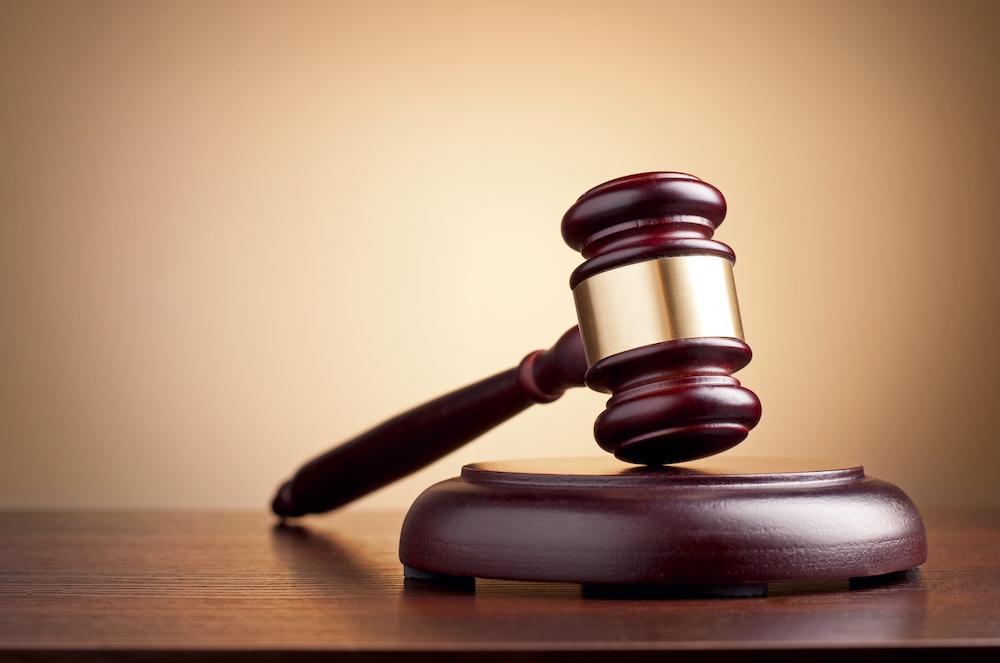Especially during the holidays, many people wonder what they’re entitled to when it comes to annual leave. The Swedish Annual Leave Act entitles all employees to 25 days annual leave each year. This corresponds to five weeks. Of those days, you have the right to take at least four consecutive weeks of holiday leave during the summer, i.e. during the months of June-August. If you don’t work five days a week, you’re still entitled to what would equal 25 days of leave. The number of days you’re entitled to will then recalculated based on how many days per week you actually work.
It’s important to distinguish between the right to annual leave and the right to receive compensation during your leave. The Annual Leave Act always gives you the right to leave. If you’re entitled to compensation during your leave depends on whether you’ve worked long enough to earn paid leave days. Also collective agreements and other conditions that you and your employer have agreed upon can affect what you’re entitled to in terms of annual leave.
Annual leave for part-time employees
The Annual Leave Act doesn’t take into account how many hours per day you work. It only takes into account how many days per week you work. As long as you work five days a week, you’re entitled to 25 days of annual leave. This also applies when you work five days a week but part-time. However, if you work fewer than five days a week, you’ll also get fewer annual leave days per year. If you work an average of four days a week, i.e. 80 percent of a five-day week, you’re also entitled to 80 percent of the 25 days the Annual Leave Act guarantees, which then becomes 20 days.
You can only take annual leave for whole days and only on the days you would normally have worked. You can never take half a day off as leave. So when you calculate how many leave days you’re entitled to, you must also round the number of days up to the nearest whole number. An example of this is if you work an average of 3.5 days a week. This means that you work 70 percent of a five-day week, which gives you 17.5 leave days. These should be rounded up to 18 days instead.
Right to compensation during annual leave
To also be entitled to pay during your leave, you must have worked and earned paid annual leave days. The 25 days you’re entitled to according to the Annual Leave Act only gives you the right to take time off. It doesn’t guarantee that you’ll be paid during that time.
According to the Annual Leave Act, a holiday year spans from April 1st of year 1 to March 31st of year 2. The holiday pay you earn during a holiday year can then be withdrawn starting from April 1st of year 2. If you’ve only worked part of a holiday year, for example half, you’ll only get holiday pay for half of the leave days. However, you still have the right to all of your leave days. Only that the rest of the days will be unpaid. If you’ve worked a full holiday year, you’re entitled to 25 paid leave days according to the Annual Leave Act.
If you’re employed for a maximum of three months, your employer can waive your right to annual leave. You won’t have the right to take any leave during your employment then. But you’re still entitled to holiday pay. Your holiday pay cannot be included in your regular salary and your employer has to report the pay separately on your salary statement.
Calculate what you’ll receive in holiday pay
Many employees have a collective agreement that regulates how much your holiday pay is. But if you don’t have one, there’s a minimum level for holiday pay according to the Annual Leave Act. Usually you’ll receive the same salary as you would’ve had you worked, but with a bit more in addition. To calculate your holiday pay you can use the following formula:
(Monthly salary/21) + (0.43 x Monthly salary/number of annual leave days)
If you have a variable salary and, for example, work on commission, there’s another way to calculate what you’ll receive in holiday pay. In this case you can take 12 percent of the total salary you’ve earned from April 1st of year 1 to March 31st of year 2. That’s your total holiday pay. How much that would be per leave day is the amount of the total holiday pay divided by 25.
Should you in this case have more than 25 leave days, you need to add 0.48 percent for each additional day. Instead of taking 12 percent of the total salary, you take 12.48 percent if you have 26 leave days, 12.96 percent if you have 27 leave days, etc.
When your employer doesn’t comply with the Annual Leave Act
What the Annual Leave Act says is the basis for all employees in Sweden. You could be entitled to more if you also have a collective agreement or extra benefits in your contract. But if your employer should deny you annual leave and holiday pay when you’re entitled to it, you can contact a lawyer for advice and to pursue your case in court. In the Kliently app, you can get in touch with our lawyers seven days a week, 365 days a year.
Do you need legal help?
We have several lawyers who can help you with this. Book an appointment if you have questions and need counseling, or email us to hire one of the lawyers. We recommend: Dlovan Kassab, Samir Baraka










